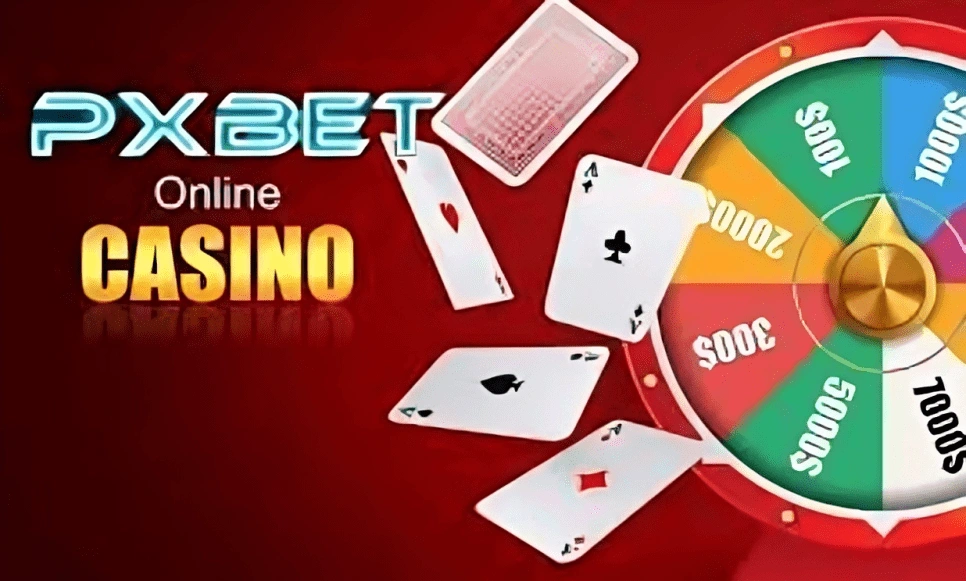December 3, 2025
No Comments
The landscape of video games has evolved dramatically over the decades, yet certain titles and platforms consistently stand out, defining generations and shaping the very fabric of interactive entertainment. Among these giants, PlayStation’s consoles and its innovative portable sibling, the PlayStation https://pudgybulls.com/what-is-a-big-rope-french-bulldog/ Portable (PSP), have carved out an indelible legacy, delivering a wealth of the absolute best games that continue to captivate players worldwide. This exploration delves into what makes these games legendary, highlighting the groundbreaking contributions of PlayStation and the remarkable achievements of PSP.
Defining what constitutes the “best games” is often a subjective journey, but universal acclaim typically coalesces around titles that excel in storytelling, innovate gameplay mechanics, push technological boundaries, or foster deep emotional connections. From the epic narratives of role-playing games to the heart-pounding action of adventures, the PlayStation ecosystem has been a fertile ground for masterpieces that meet these criteria, repeatedly setting new benchmarks for the industry.
The journey began with the original PlayStation (PS1), a revolutionary console that brought 3D graphics into the mainstream. It was here that many iconic PlayStation games found their genesis. Titles like *Final Fantasy VII* redefined narrative scope and character depth in JRPGs, while *Metal Gear Solid* pioneered cinematic stealth action. *Resident Evil* birthed the survival horror genre, gripping players with its tense atmosphere, and platformers such as *Crash Bandicoot* and *Spyro the Dragon* offered vibrant, engaging worlds. These early triumphs laid the foundation for PlayStation’s dominance, proving that games could offer rich, complex experiences far beyond simple arcade fun.
The PlayStation 2 (PS2) then arrived, cementing its place as the best-selling console of all time, boasting an unparalleled library that catered to every conceivable taste. This era gave us monumental PlayStation games like the *Grand Theft Auto* trilogy (III, Vice City, San Andreas), which allowed players unprecedented freedom in vast open worlds, forever changing the expectations for sandbox titles. *God of War* introduced Kratos and his brutal, epic mythology, setting a new standard for action-adventure. *Shadow of the Colossus* captivated with its unique boss-rush gameplay and profound emotional resonance, while *Kingdom Hearts* ingeniously blended Disney magic with Final Fantasy depth. The PS2’s diverse catalog truly represented the zenith of its generation, offering endless hours of entertainment.
Following this immense success, the PlayStation 3 (PS3) weathered initial challenges to emerge with its own lineup of powerhouse PlayStation games. This generation focused heavily on cinematic storytelling and graphical fidelity. *The Last of Us* delivered a poignant, character-driven narrative that pushed emotional boundaries, while the *Uncharted* series offered thrilling, globe-trotting adventures with unparalleled production values. *God of War III* brought Kratos’s saga to a spectacular conclusion, and *Heavy Rain* experimented with interactive drama. The PS3 era underscored PlayStation’s commitment to delivering premium, story-driven experiences that rivaled Hollywood blockbusters.
The PlayStation 4 (PS4) continued this tradition, solidifying its position as the dominant console of its generation with a string of critically acclaimed PlayStation games. *Marvel’s Spider-Man* offered an exhilarating web-slinging experience in a vibrant New York City, combining fluid combat with an engaging story. *God of War* (2018) reinvented the franchise with a more mature, narrative-focused approach, garnering universal praise. *Horizon Zero Dawn* presented a breathtaking post-apocalyptic world teeming with robotic wildlife, and *Bloodborne* challenged players with its unforgiving yet deeply rewarding combat. Even titles like *Ghost of Tsushima* came late in the cycle, providing stunning visuals and a compelling samurai narrative, proving the PS4’s longevity in delivering top-tier experiences. The current PlayStation 5 (PS5) builds on this rich heritage, promising even greater fidelity and innovative gameplay with titles like *Returnal* and *Ratchet & Clank: Rift Apart*.
Amidst the home console revolution, Sony also ventured into the portable gaming market with the PlayStation Portable (PSP). This sleek handheld device broke new ground by offering near-console quality gaming on the go, a feat unmatched by its predecessors. The PSP games library quickly grew to include miniaturized versions of beloved franchises and unique experiences tailored for portable play. Titles like *God of War: Chains of Olympus* and *God of War: Ghost of Sparta* proved that Kratos’s epic battles could be just as engaging on a smaller screen. *Monster Hunter Freedom Unite* became a phenomenon, fostering cooperative play among friends and popularizing the action RPG genre on handhelds.
Open-world enthusiasts weren’t left out, with *Grand Theft Auto: Liberty City Stories* and *Vice City Stories* providing full-fledged sandbox experiences in the palm of your hand. *Metal Gear Solid: Peace Walker* offered a console-grade stealth experience, expanding the MGS lore significantly, and *Crisis Core: Final Fantasy VII* served as a vital prequel to one of gaming’s most iconic RPGs. Other notable PSP games included *LittleBigPlanet Portable*, which encouraged creativity, and racing titles like *Ridge Racer*, demonstrating the system’s graphical prowess. The PSP undeniably pushed the boundaries of what portable gaming could achieve, bridging the gap between home console grandeur and on-the-go convenience, and its influence can still be seen in modern handhelds.
The cumulative legacy of PlayStation and PSP is a testament to innovation, storytelling, and the sheer joy of play. From the groundbreaking 3D worlds of the PS1 to the immersive narratives of the PS4, and the revolutionary portability of the PSP, these platforms have consistently delivered some of the best games in history. They have not only shaped the past and present of gaming but continue to inspire its future, proving that truly great games are timeless, transcending hardware and generations to leave an indelible mark on players’ hearts and minds. Whether you’re revisiting a cherished classic or discovering a new masterpiece, the PlayStation family offers an unparalleled treasure trove of gaming excellence.






